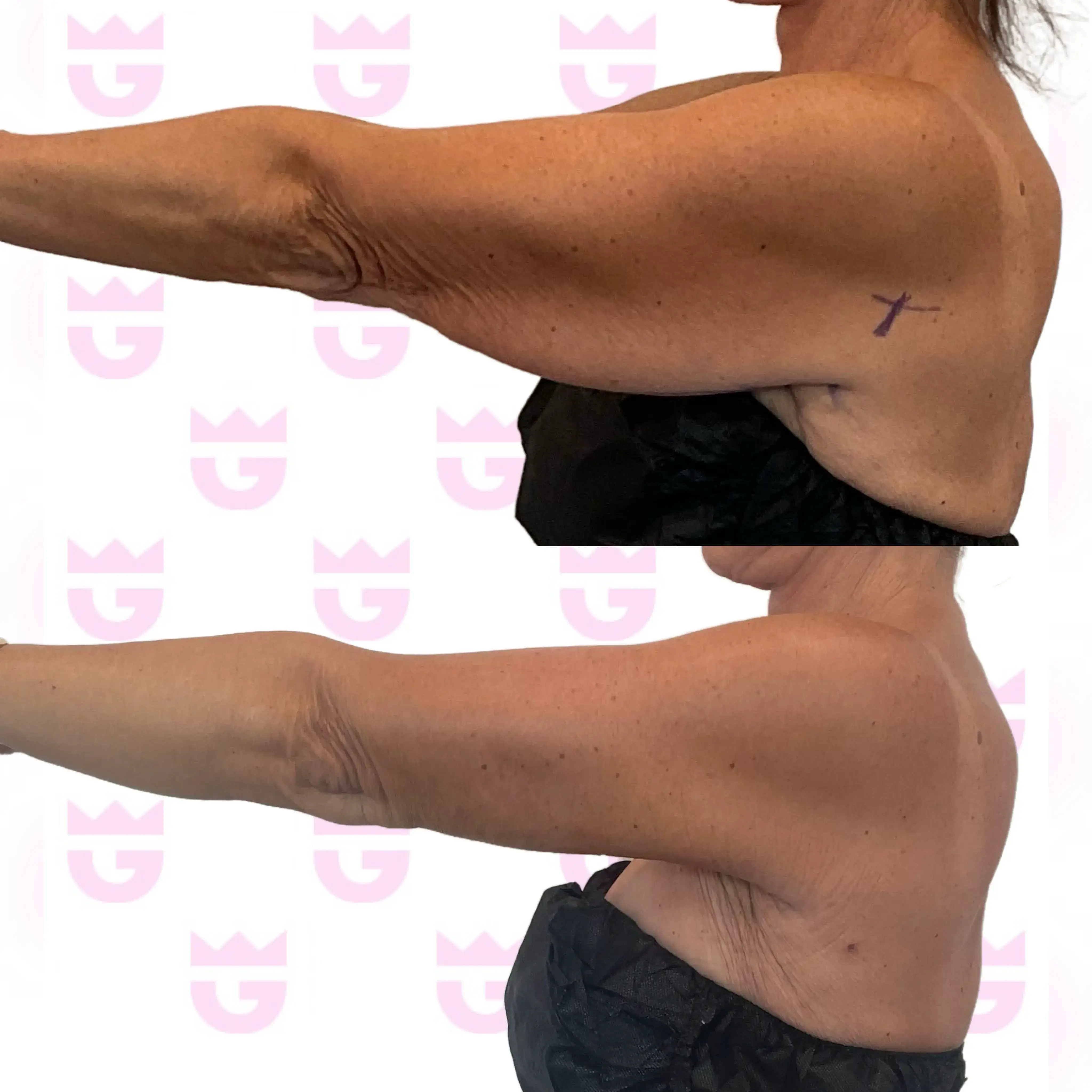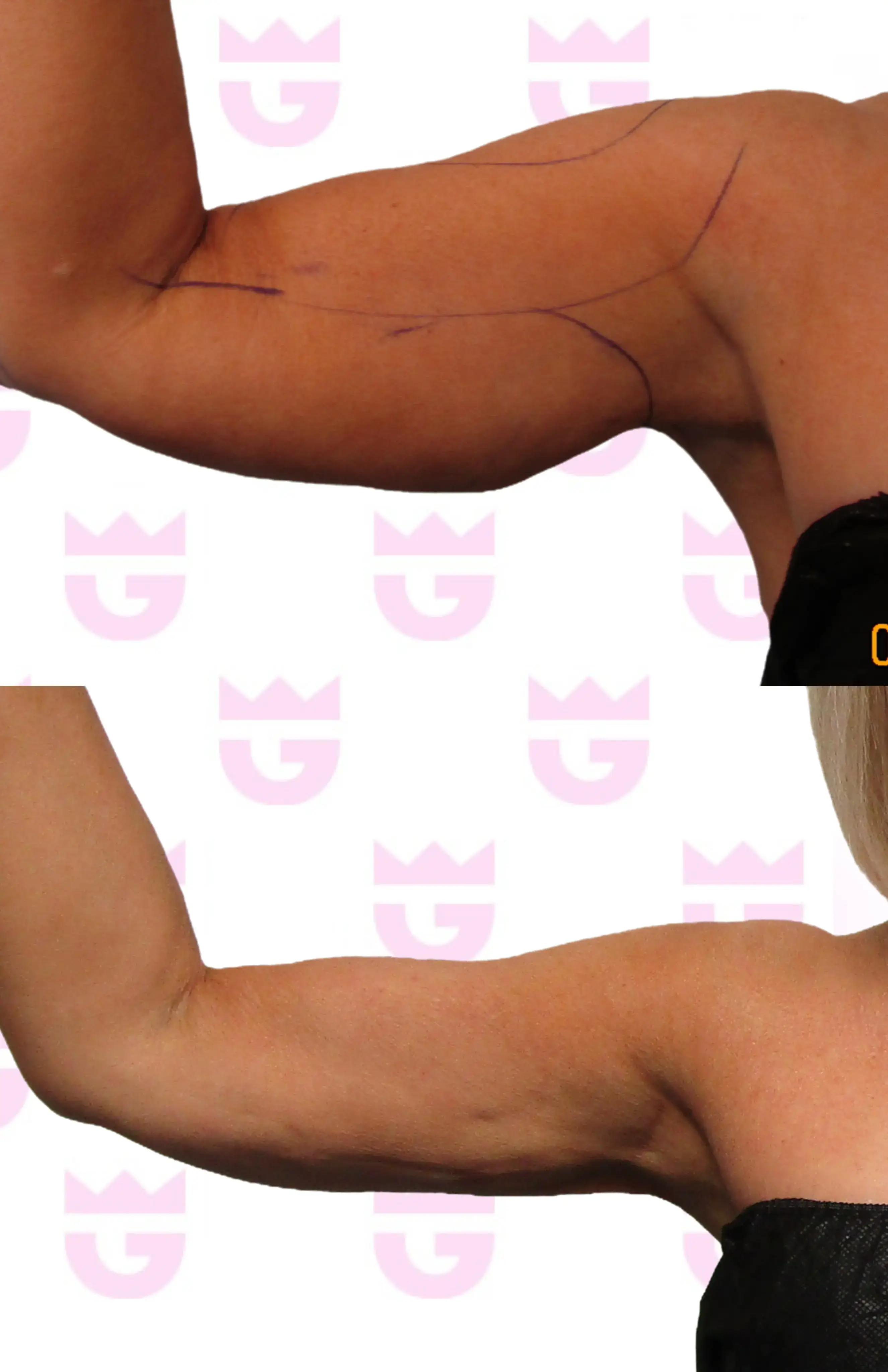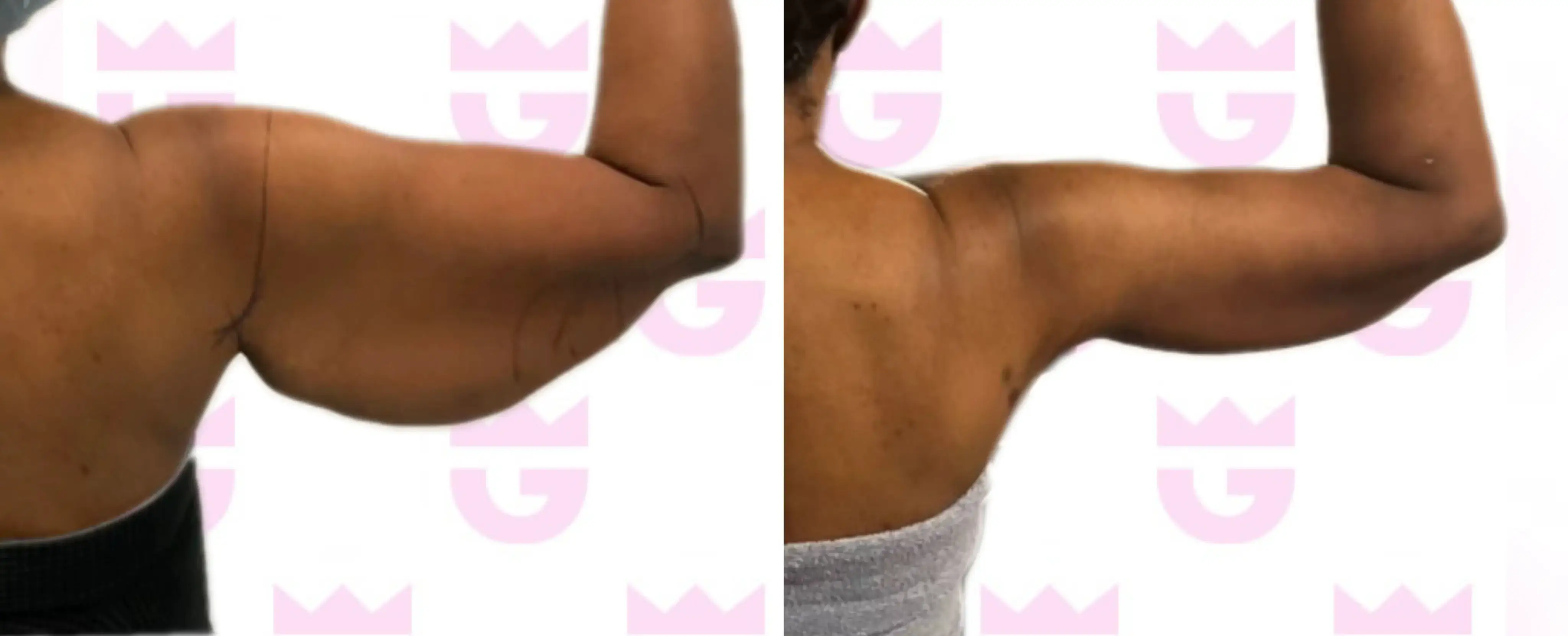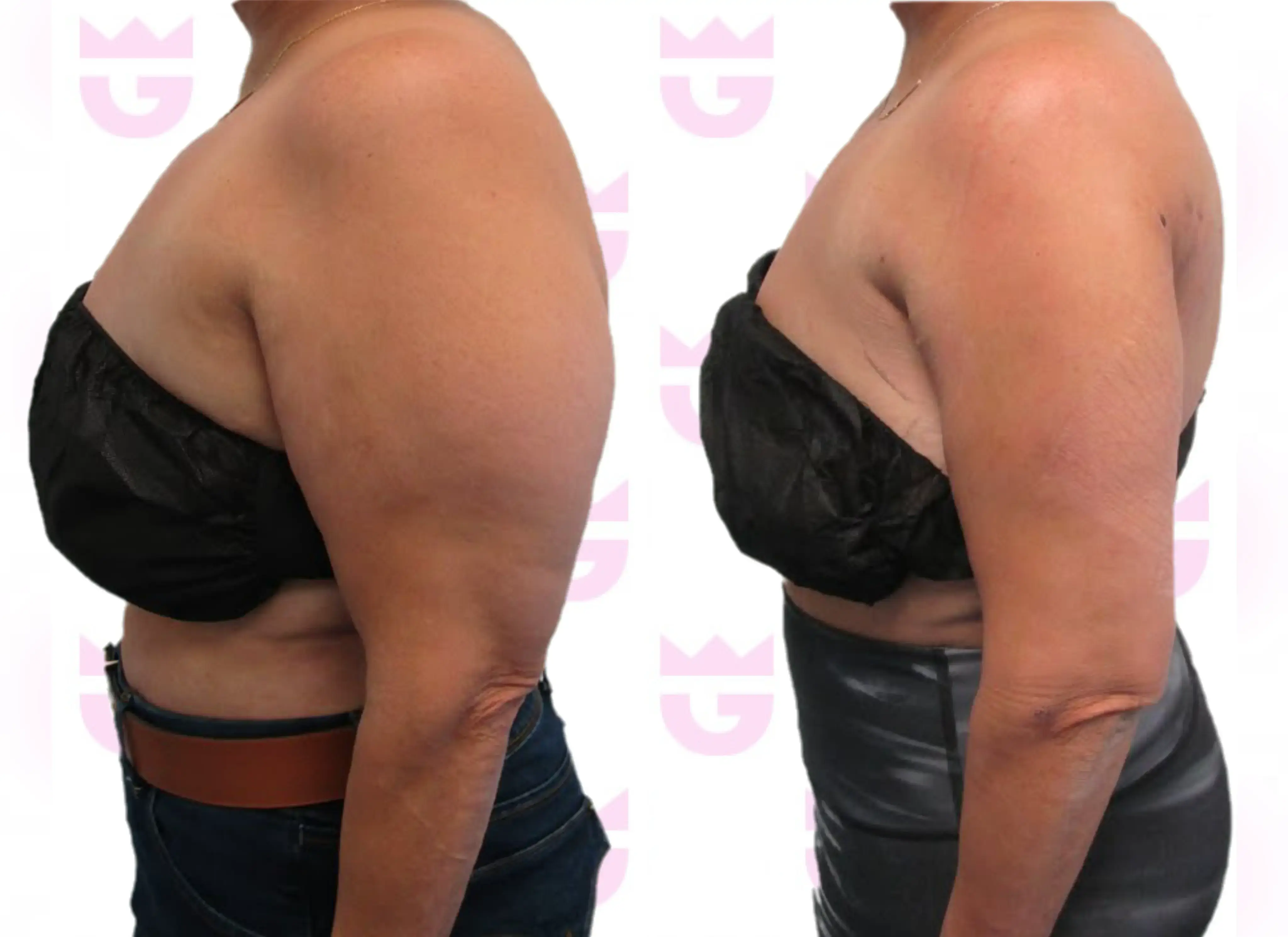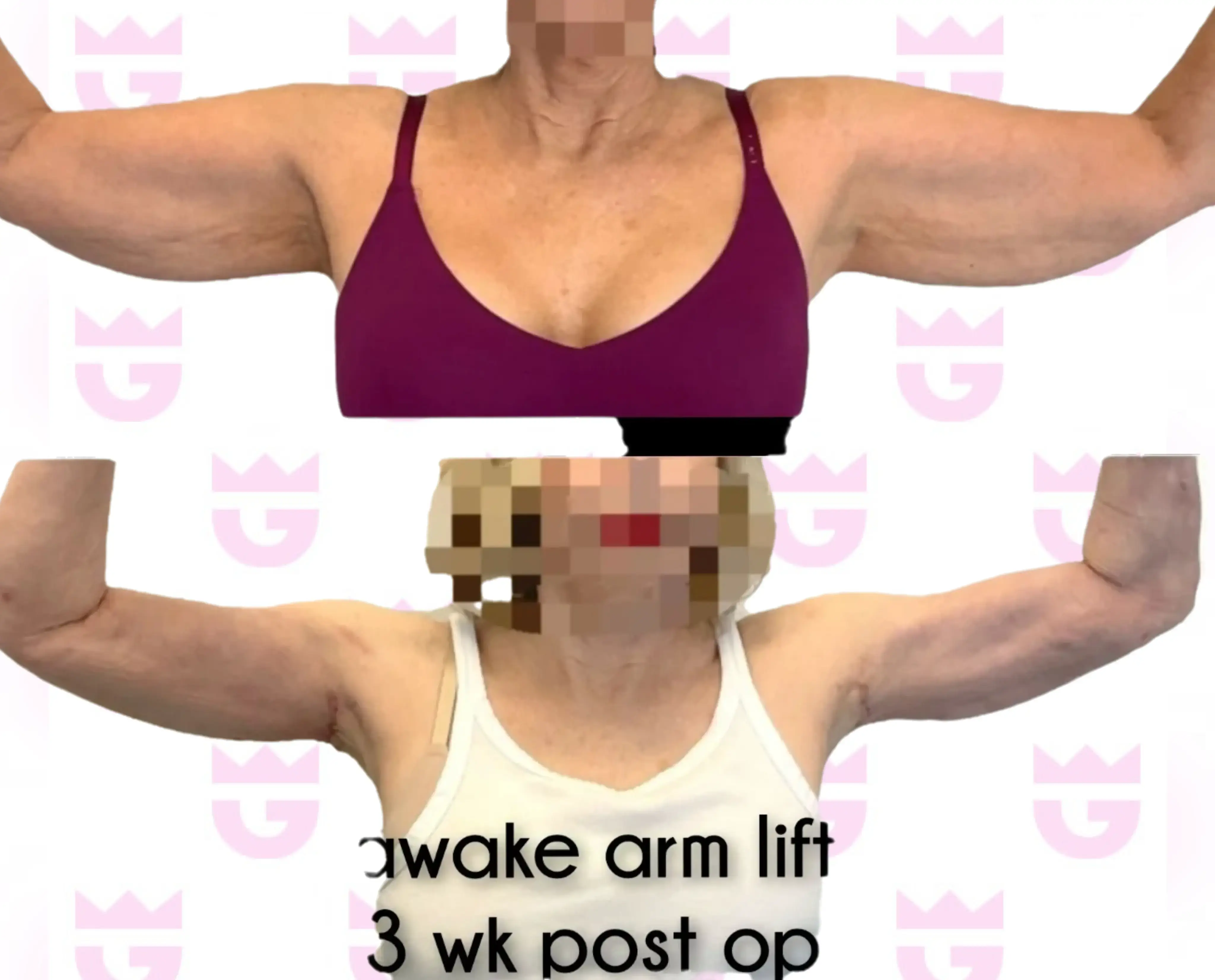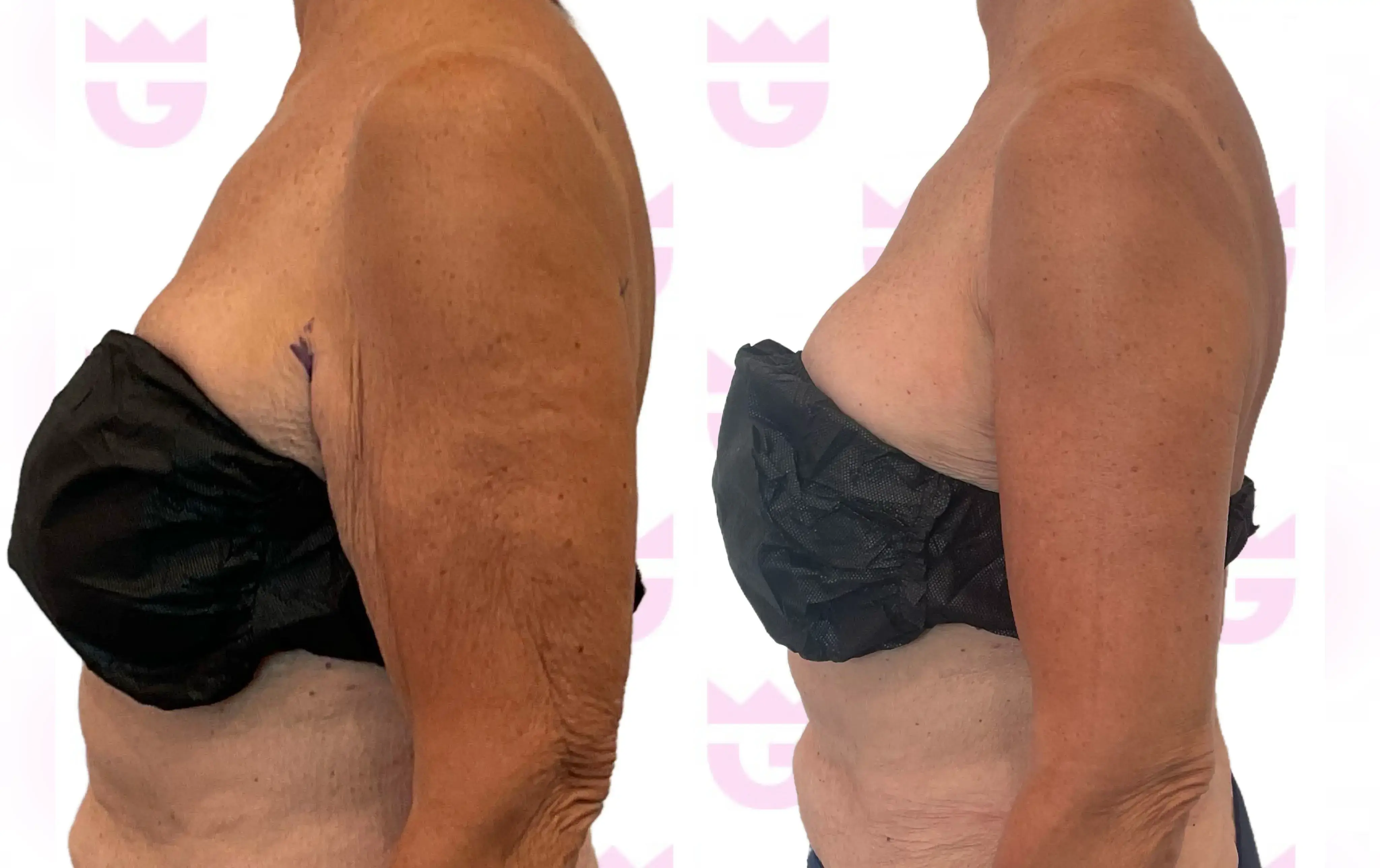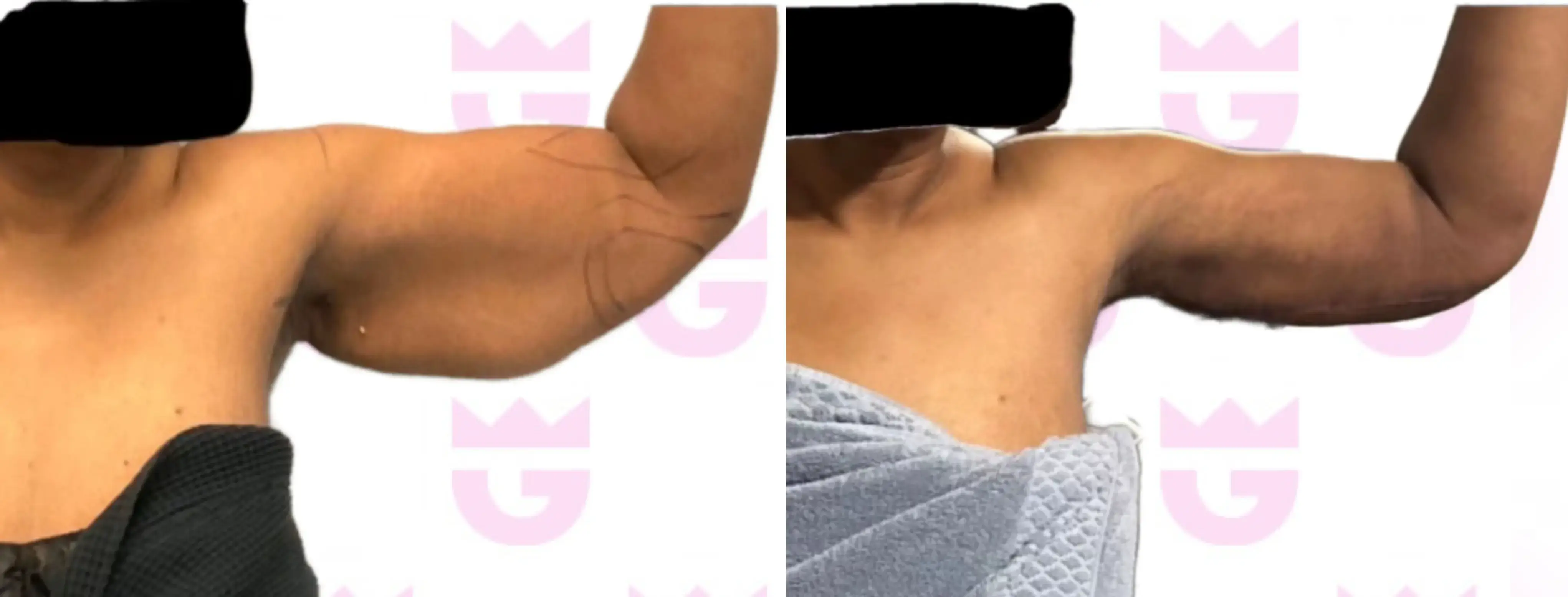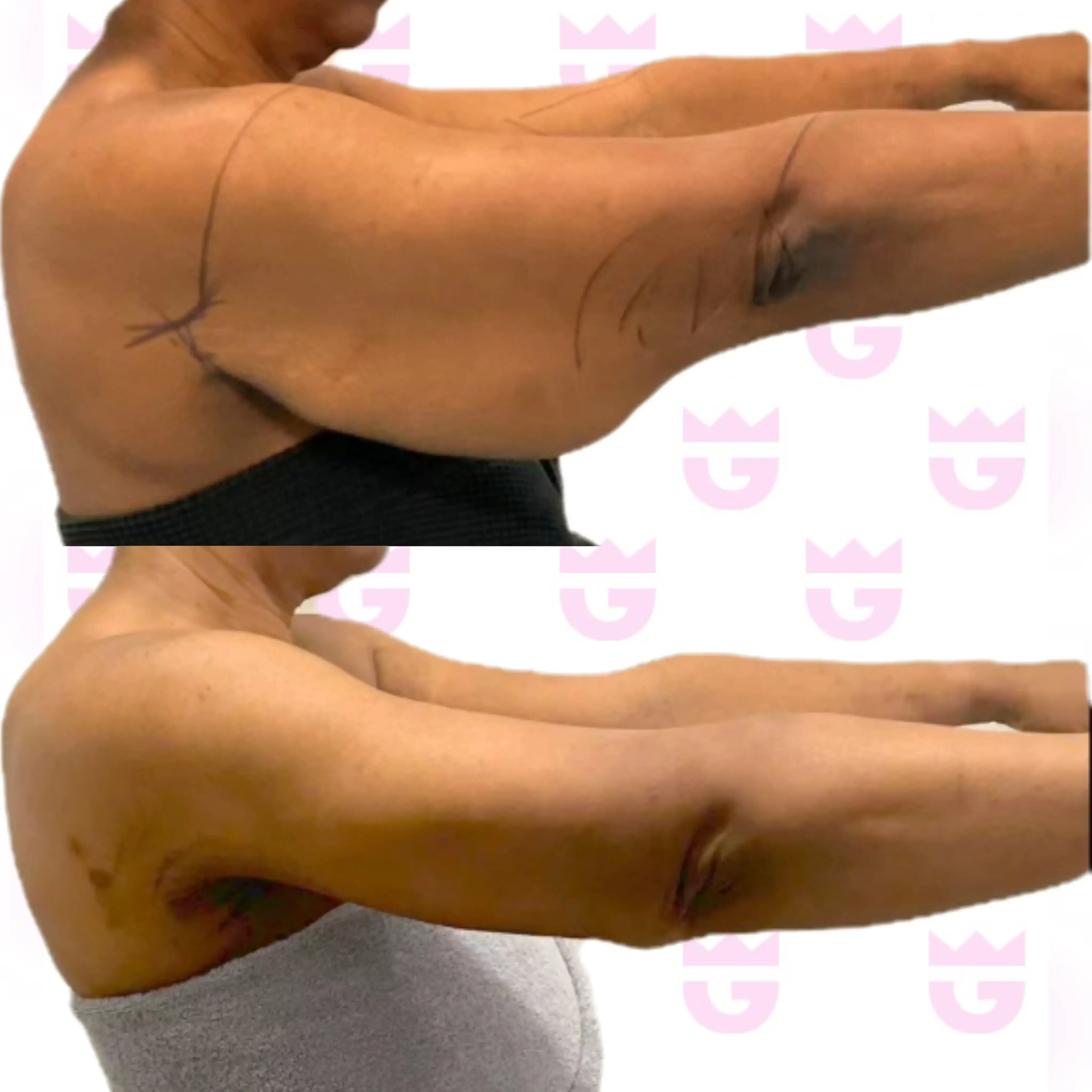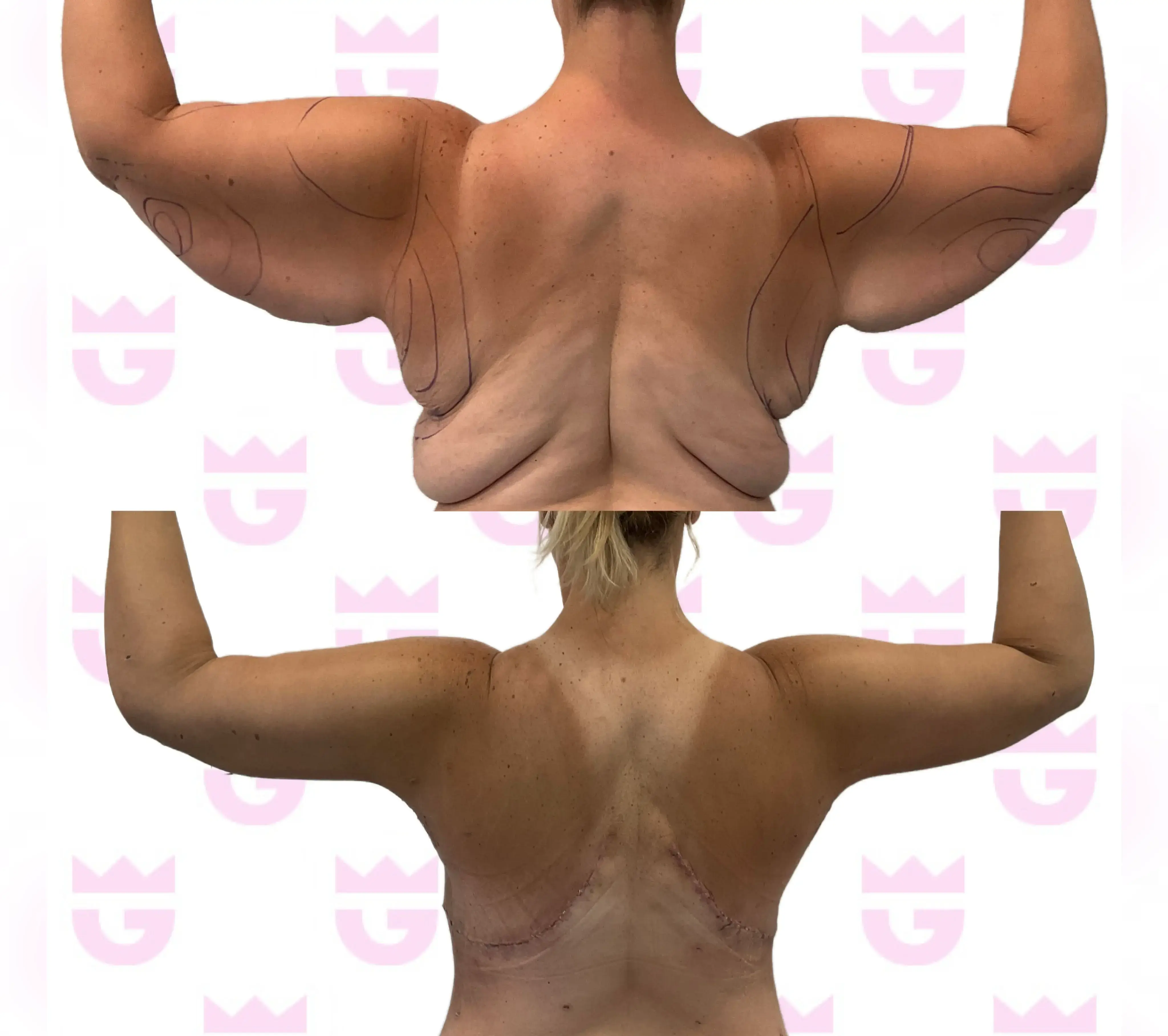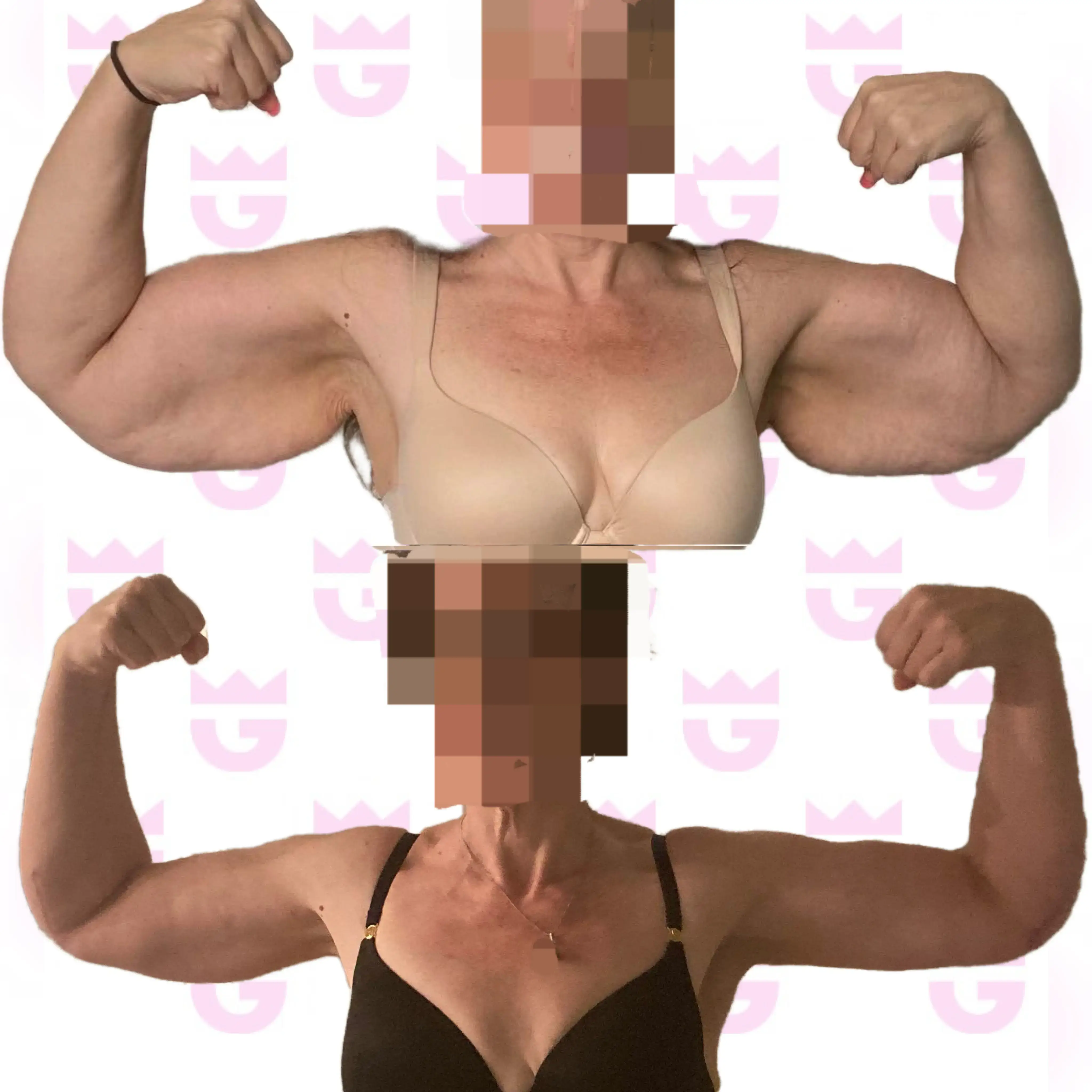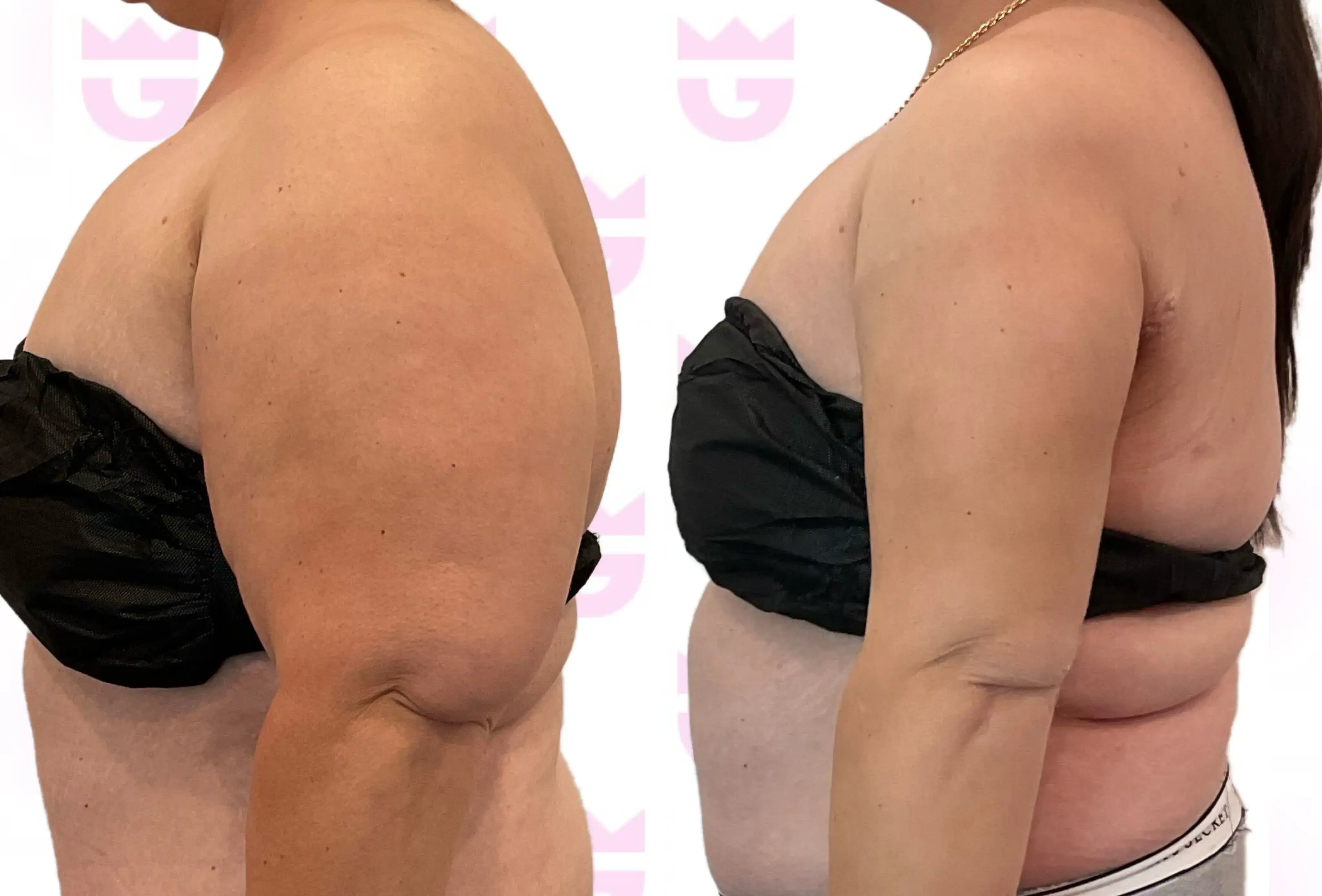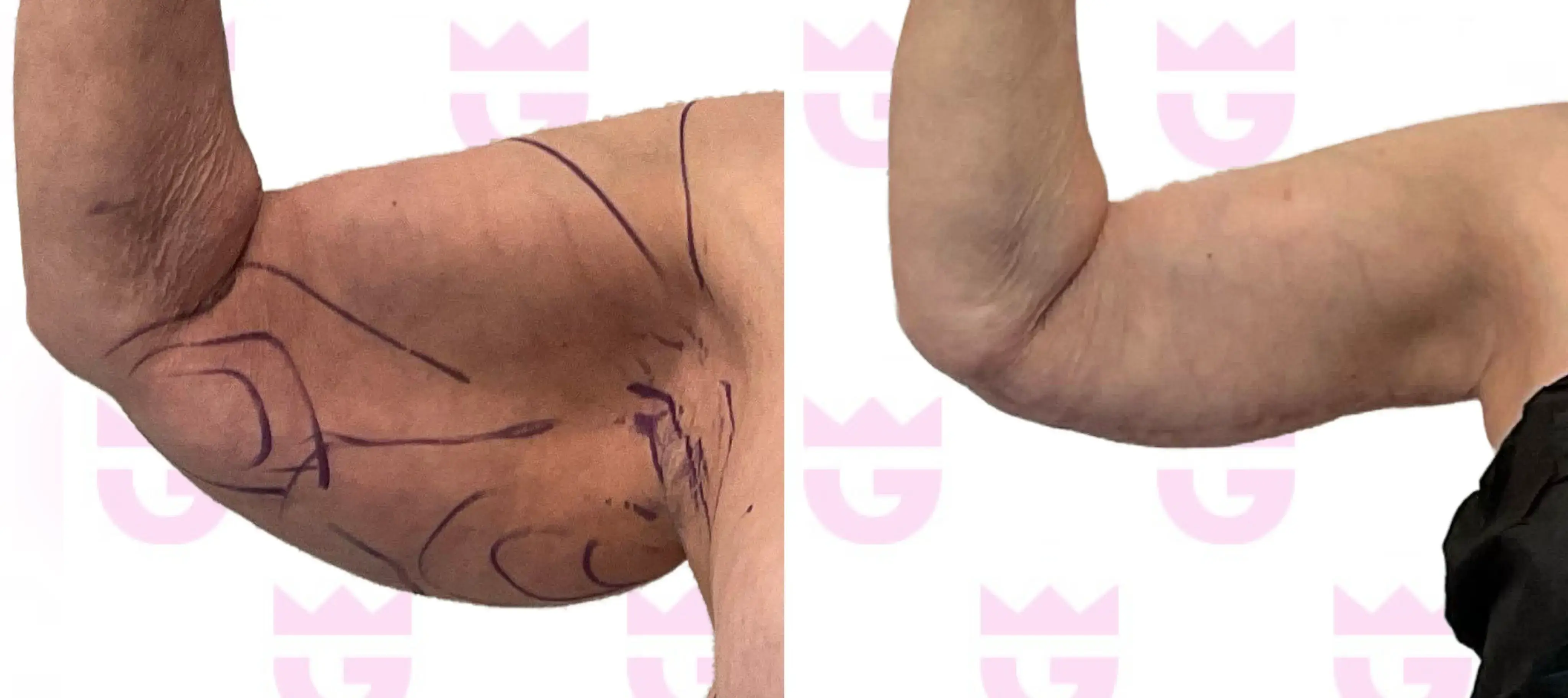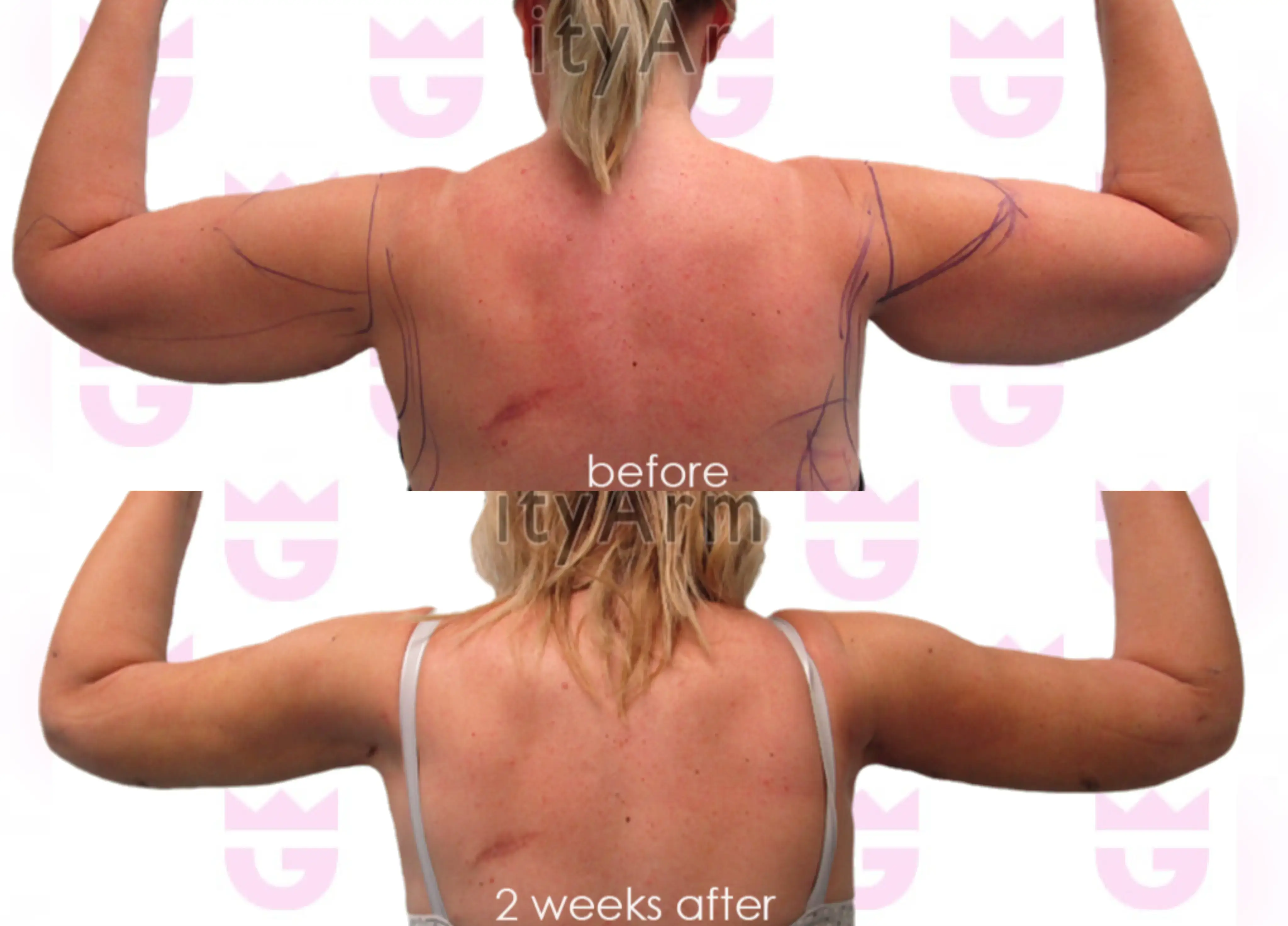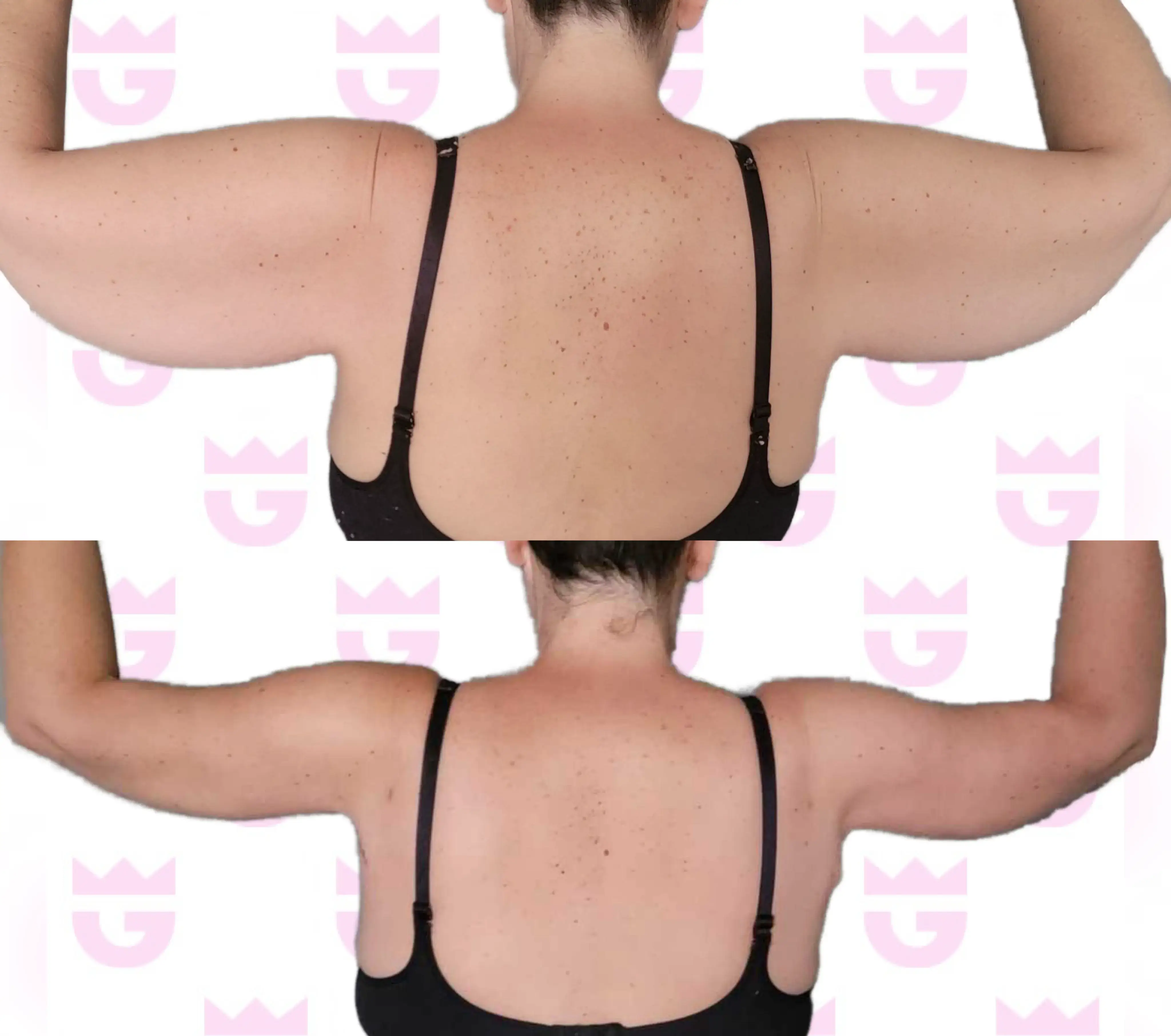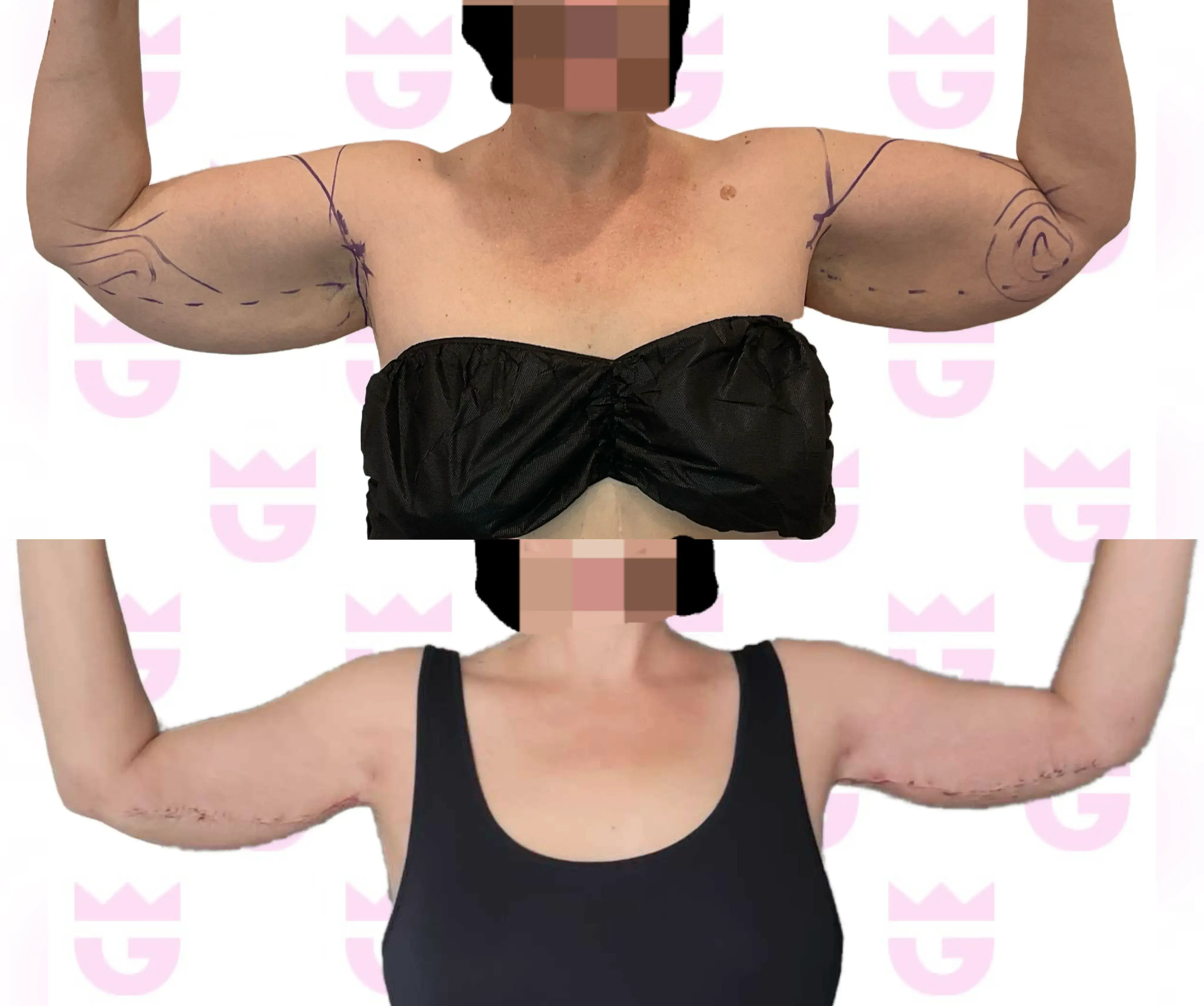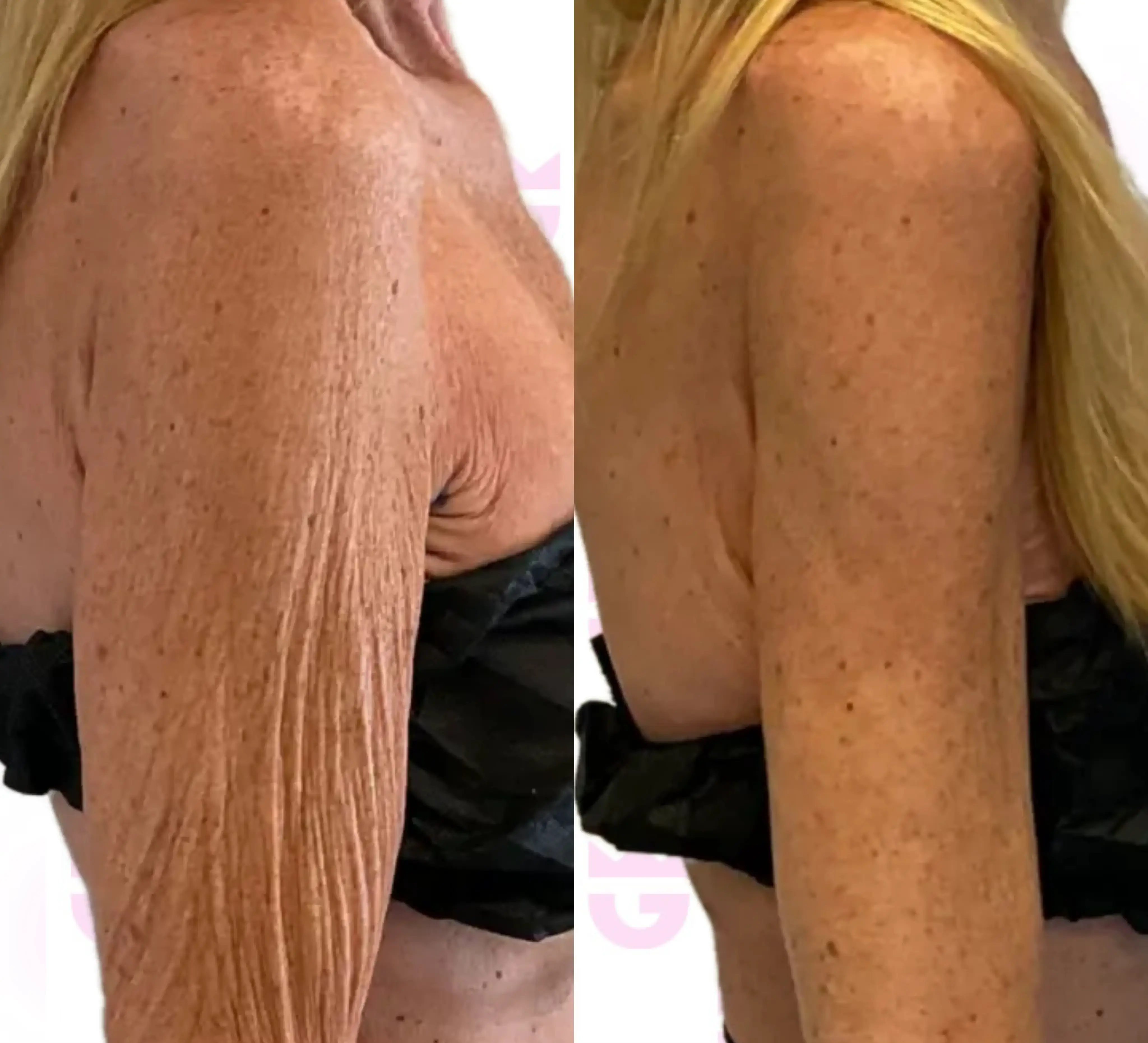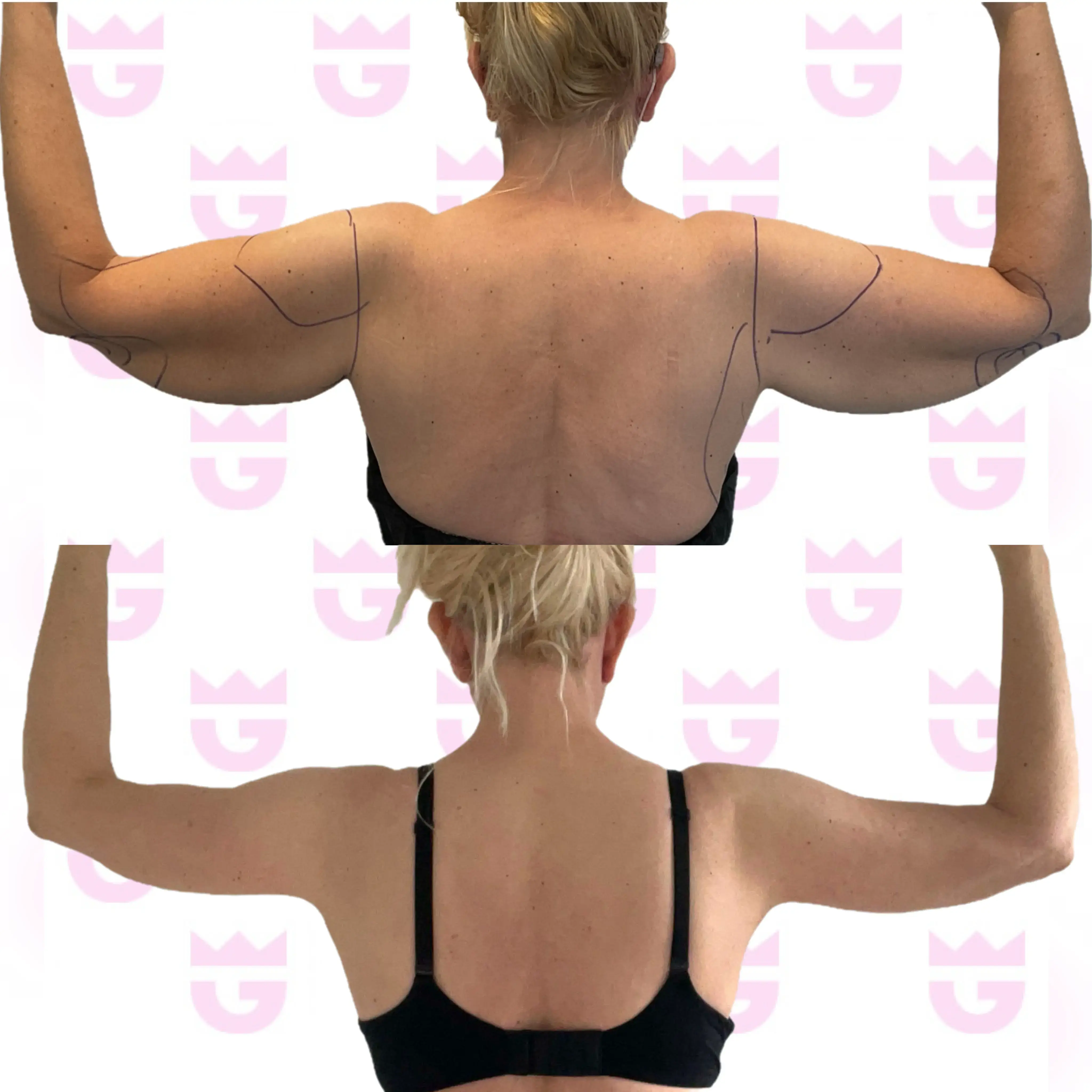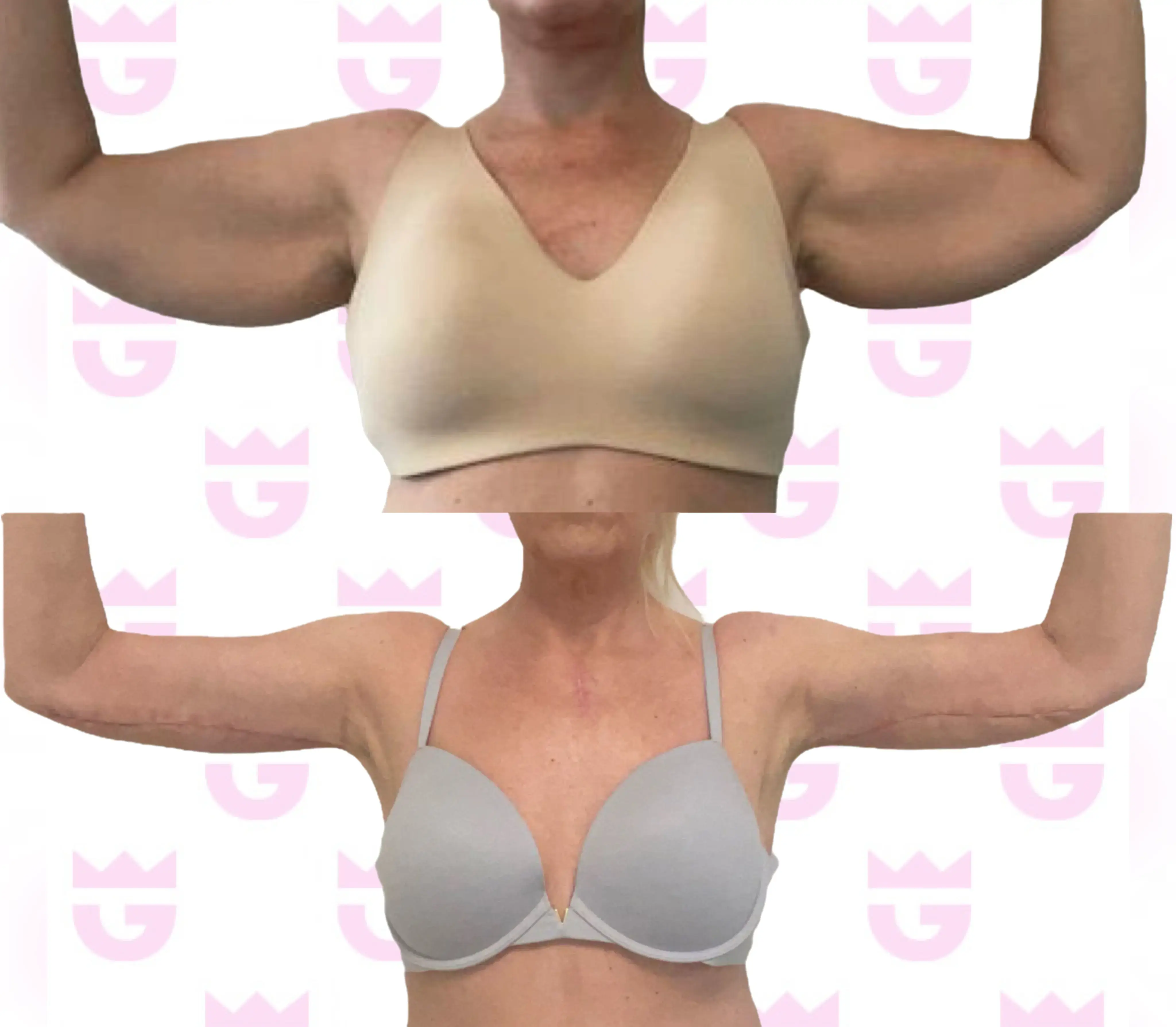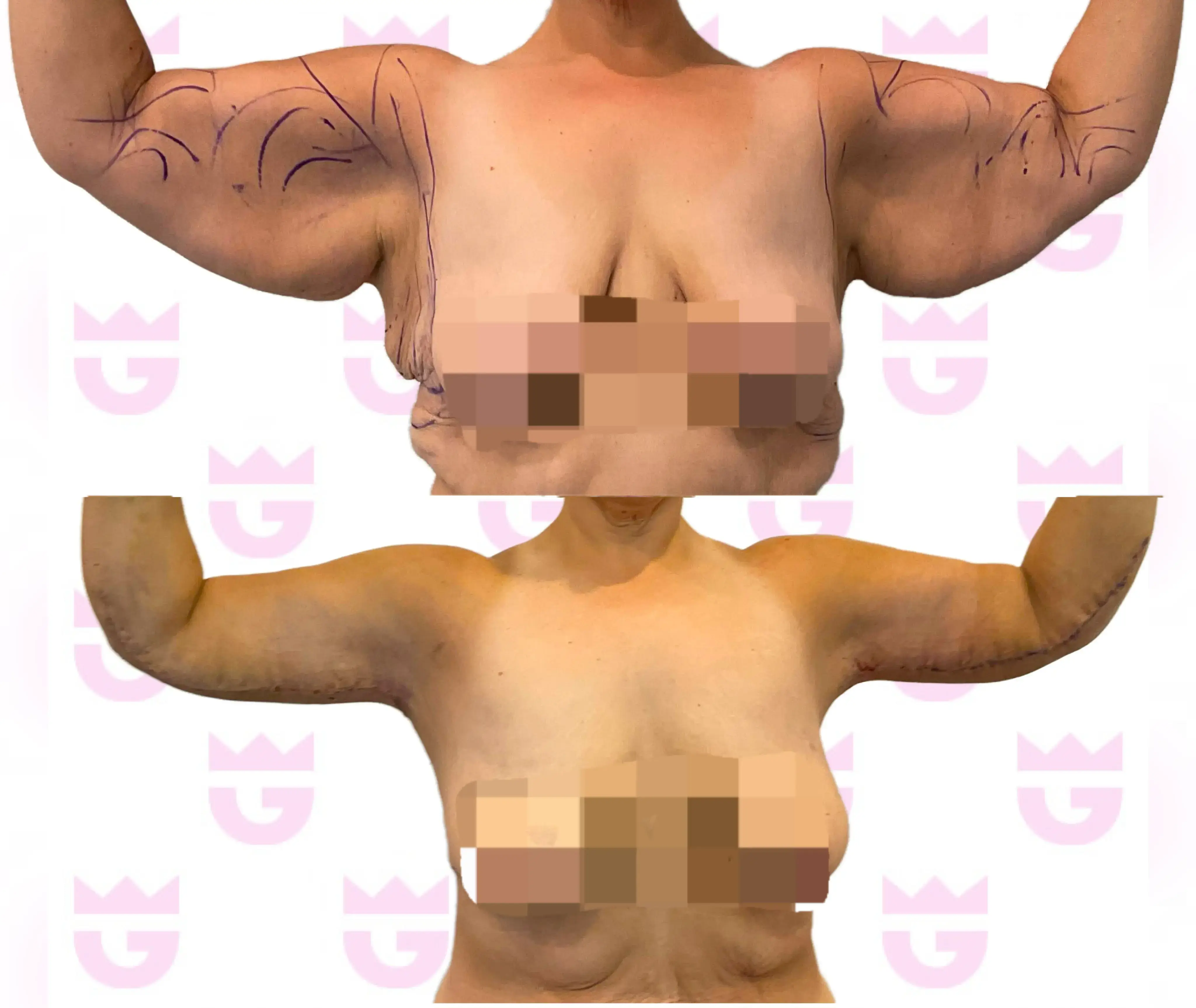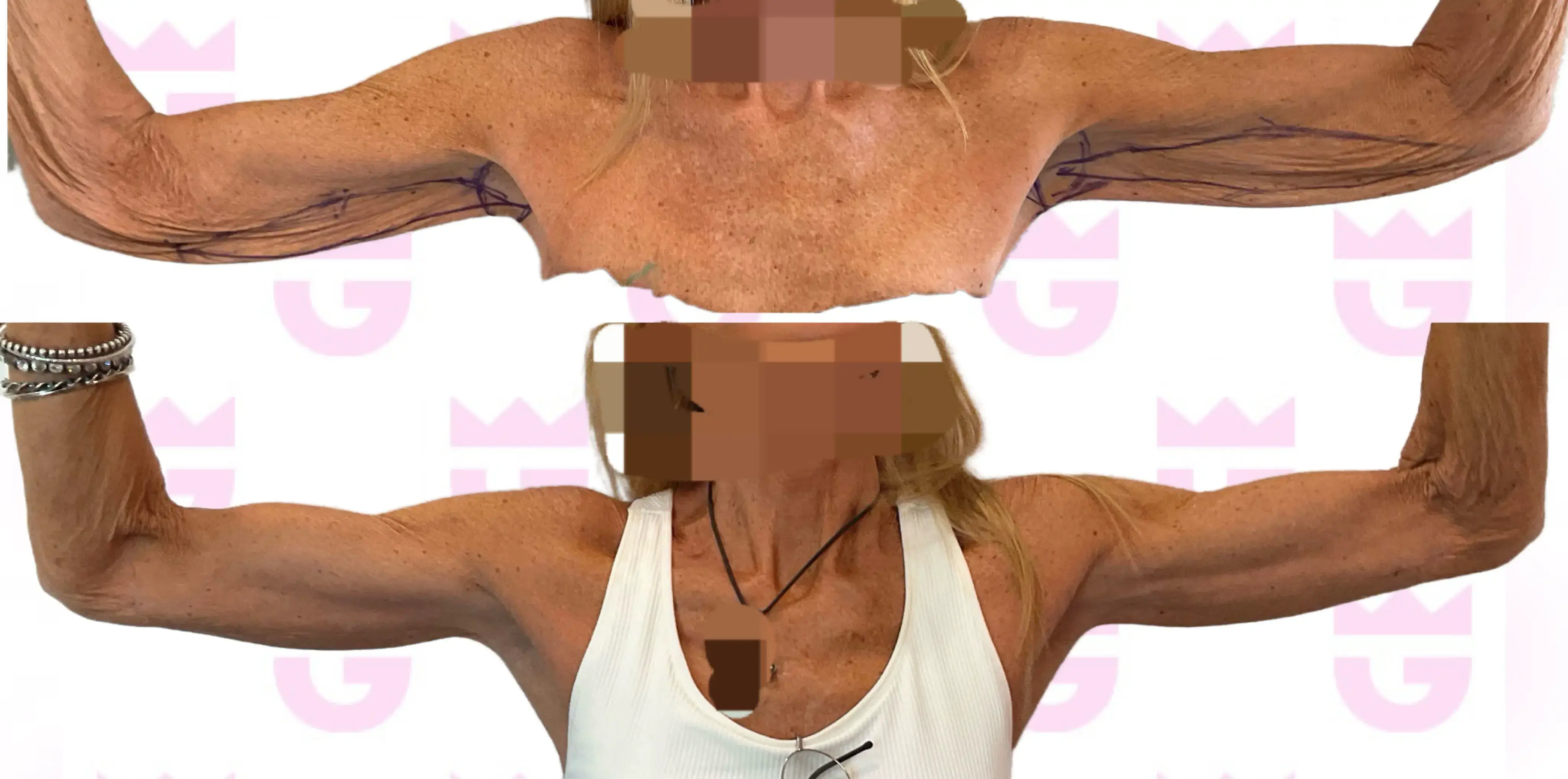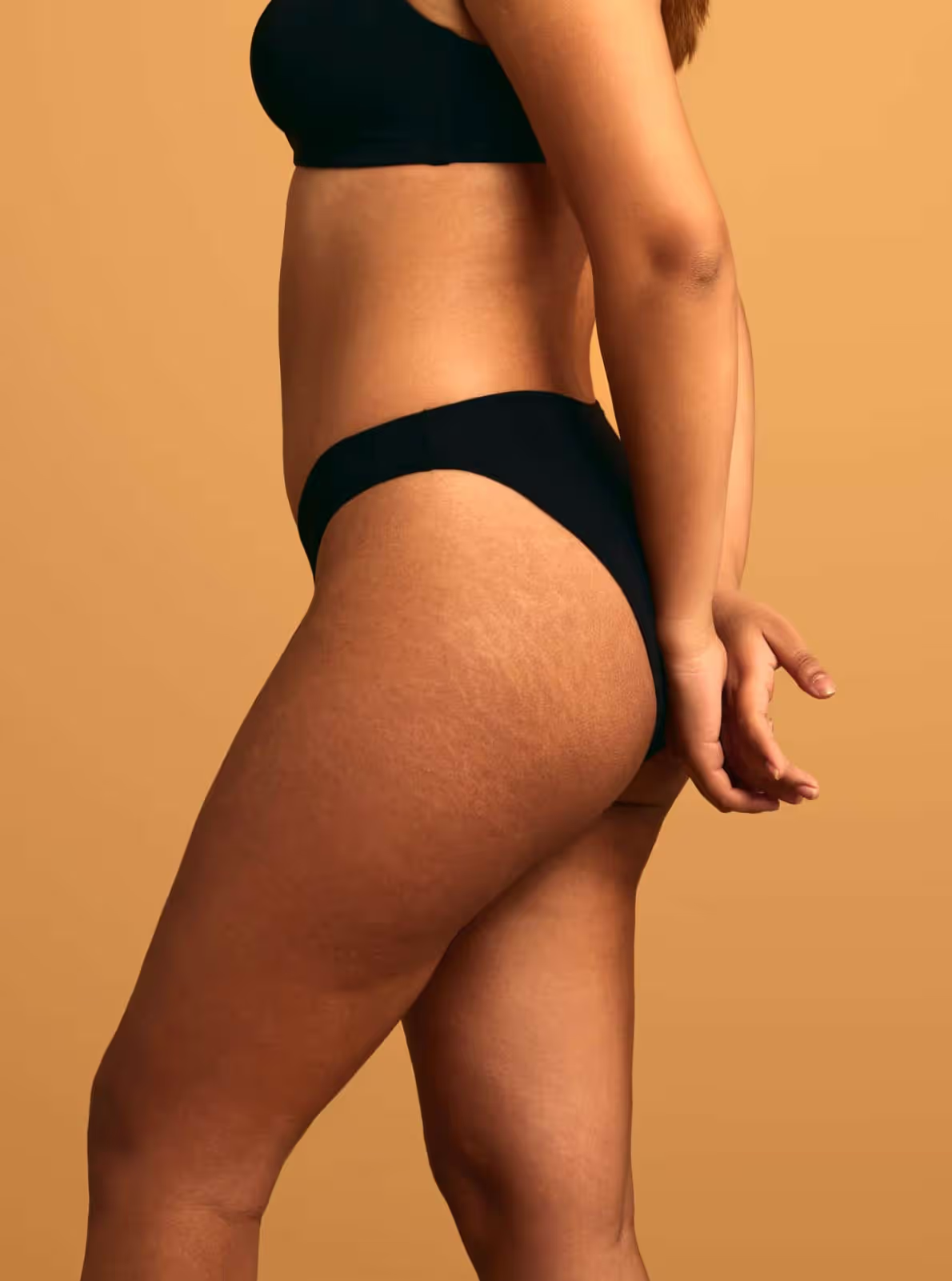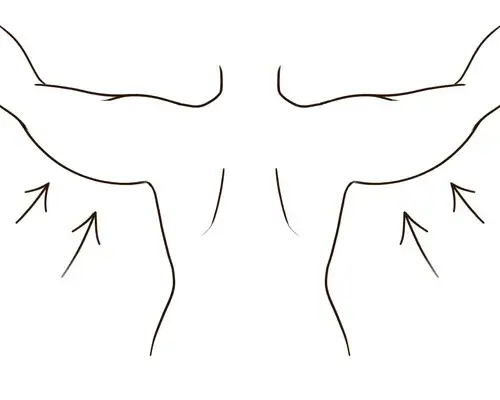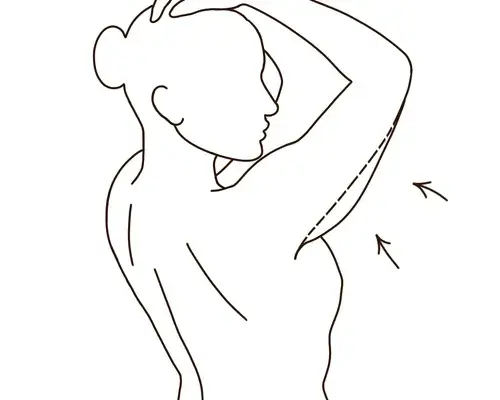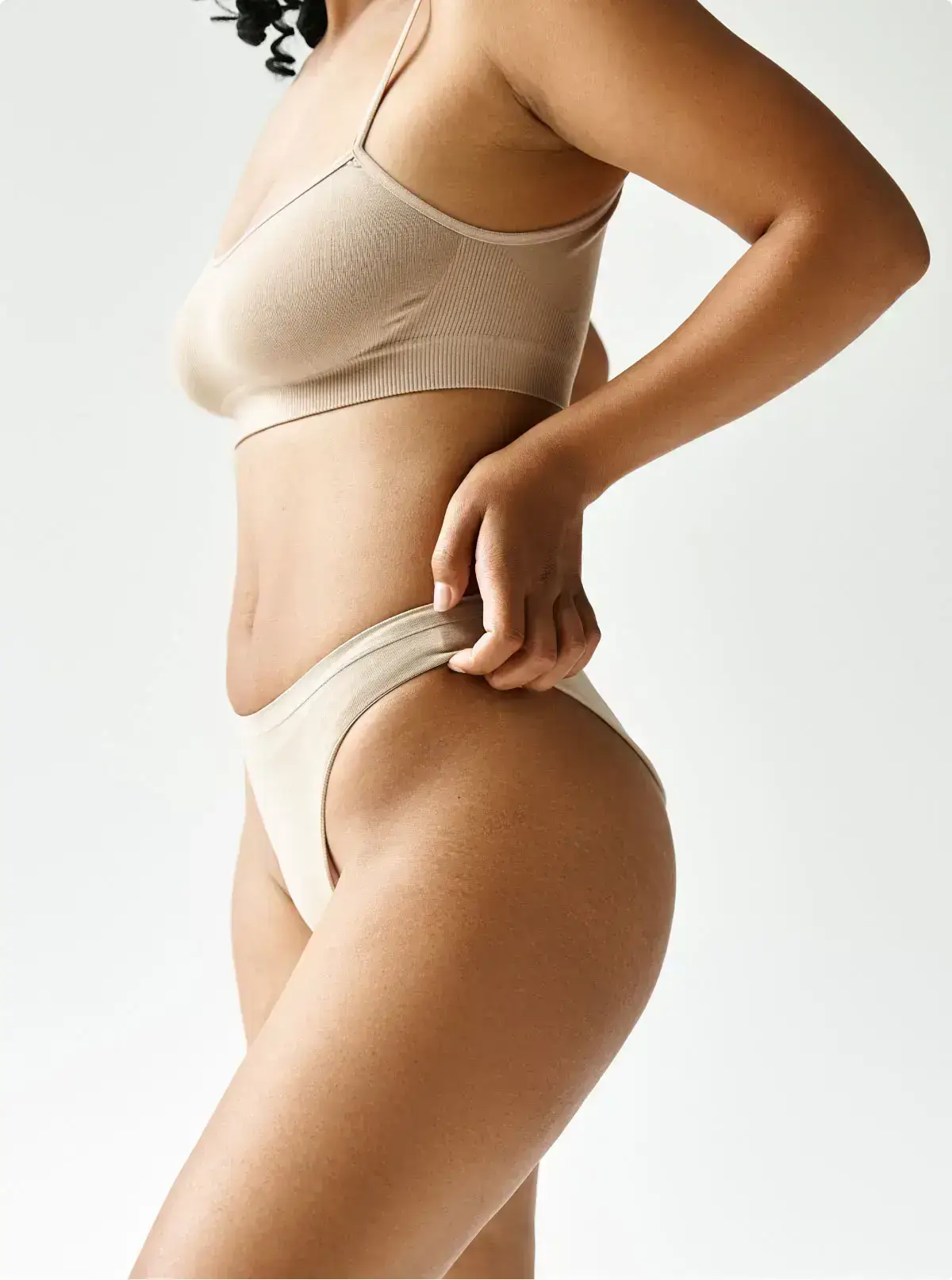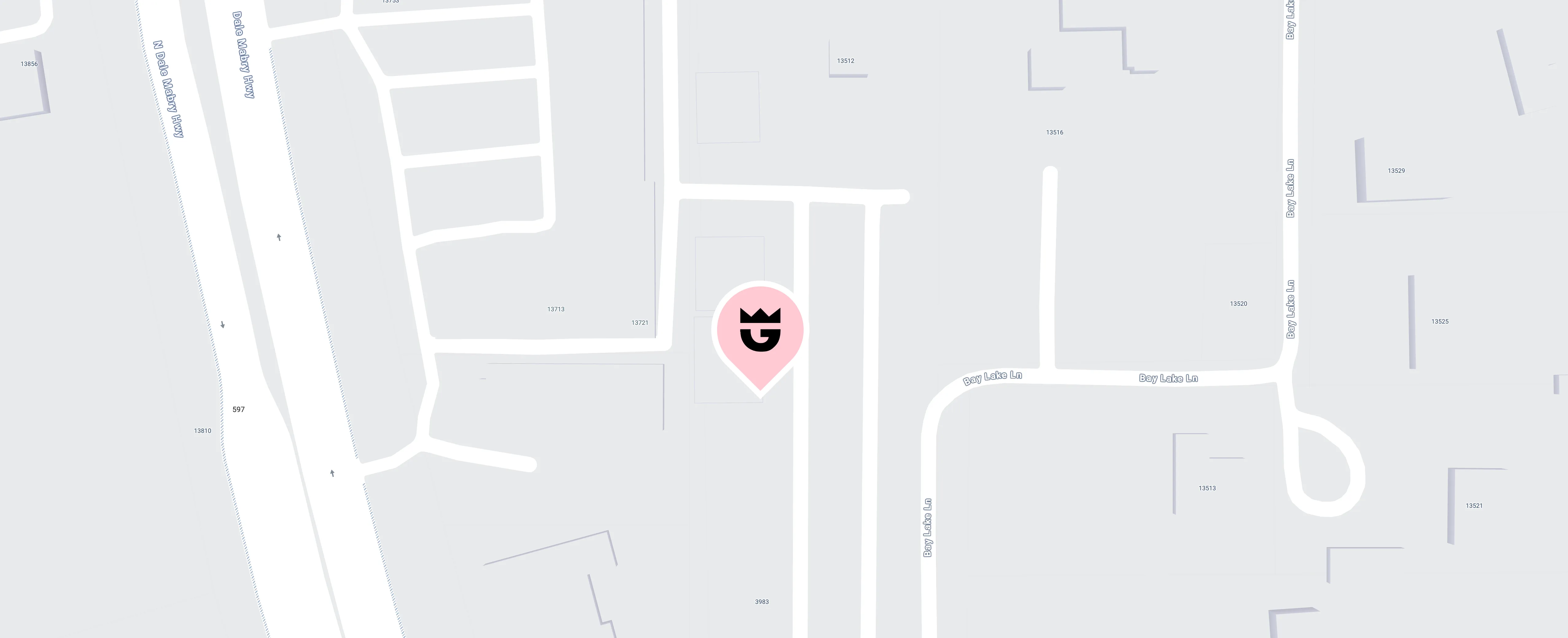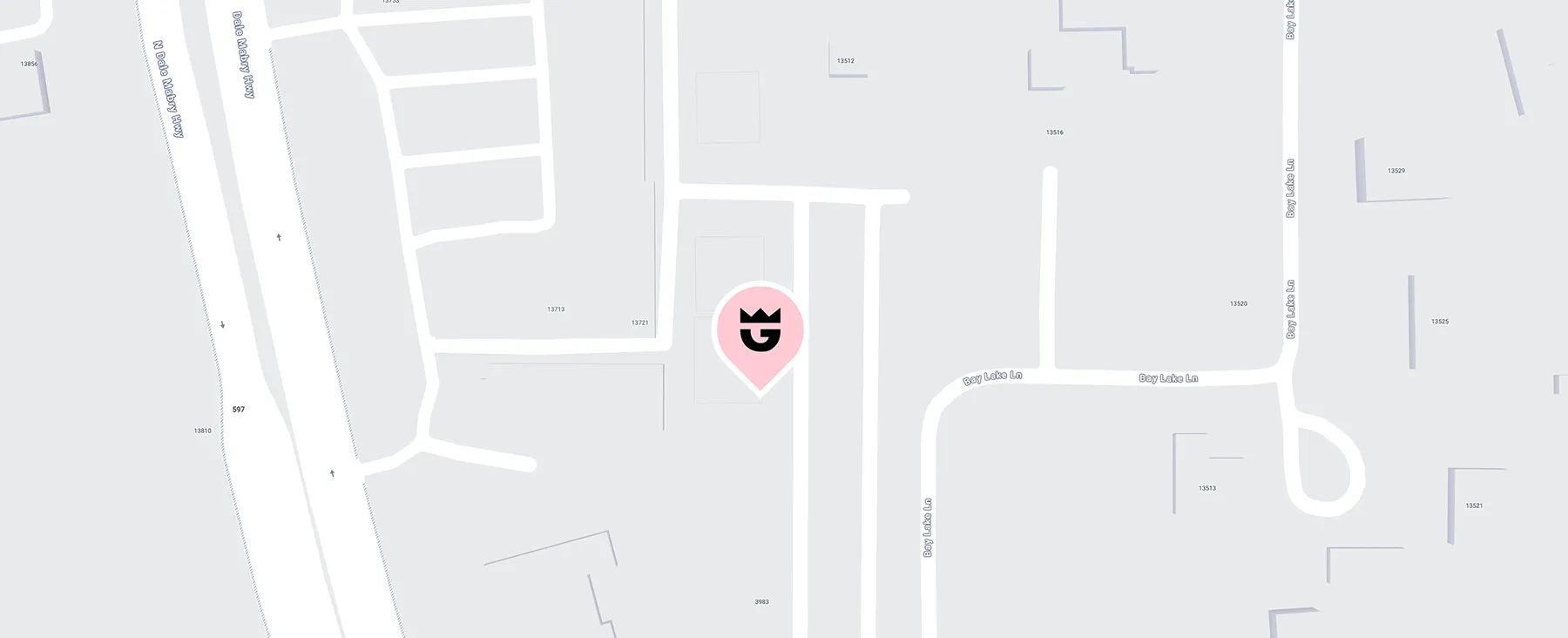An arm lift, also known as brachioplasty, is a cosmetic surgery designed to remove excess skin and fat from the upper arms, improving the contour and appearance. This lift procedure is often sought by patients who have experienced significant weight loss and have sagging skin that needs to be removed.
During an arm lift, Dr. Meegan Gruber, a board-certified plastic surgeon, will make incisions along the upper arm, from the armpit to the elbow, to remove excess skin and fat. The procedure may also involve liposuction to contour the area further. This cosmetic surgery can be performed under general anesthesia or awake with local anesthesia, depending on the patient's preference and the extent of the surgery.
Yes, Dr. Meegan Gruber can perform an awake arm lift using local anesthesia with no sedation, allowing you to remain awake but comfortable throughout the procedure. This approach can be ideal for patients seeking a less invasive option.
Recovery time varies, but most patients can return to normal activities within a week. It's essential to follow post-operative care instructions, including wearing a compression garment, to ensure proper healing and optimal results. Arm lift patients should expect some downtime and adhere to recovery guidelines to achieve the best lift results.
An arm lift may be ideal if you have excess skin and fat on your upper arms that has not responded to diet and exercise. A consultation with Dr. Gruber will help determine if you are a good candidate for this procedure and the best approach for your specific needs. The lift is a surgical procedure that addresses sagging skin and excess fat, enhancing your overall body contour.
Yes, an arm lift can be combined with other cosmetic procedures such as a Tummy Tuck, Thigh Lift, Breast Lift, Lower Body Lift, and Upper Body Lift surgery to achieve comprehensive body contouring. These combinations can address multiple areas of the body to remove excess skin and fat, resulting in a more harmonious appearance. During your lift consultation, Dr. Gruber will examine your arms and discuss the types of body lifts that may be suitable for you, ensuring that you achieve your aesthetic goals.


